Tag: terms
-
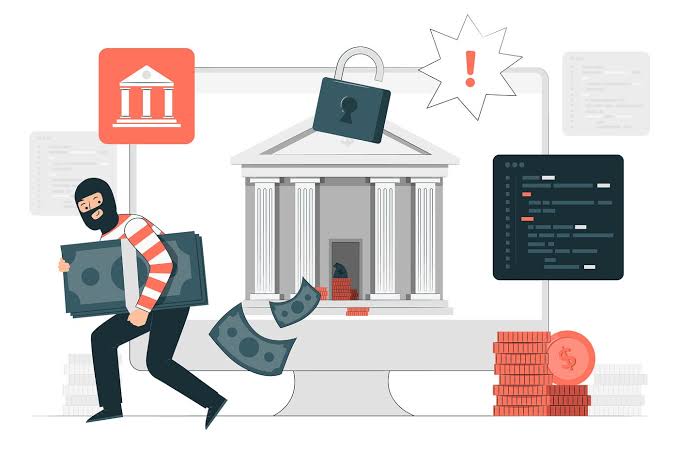
Day 145: Inherit Risk
#QuickBiteCompliance Day 145 Understanding Inherent Risk: How Financial Criminals Exploit Weak Points Imagine your house has no locks, no alarms, and no fences. Before adding security, the risk of a break-in is at its highest. This is inherent risk—the level of danger before any safeguards are in place. In financial crime, inherent risk comes from…
-
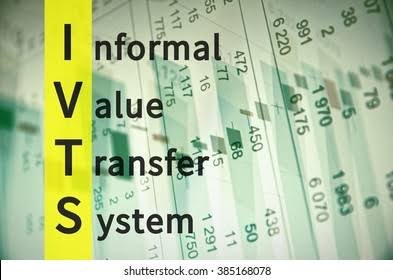
Day 144: Informal Value Transfer System
#QuickBiteCompliance Day 144 Informal Value Transfer Systems: The Hidden Pathways of Money Movement Imagine you need to send money to a friend in another country, but instead of using a bank, you give cash to a local shopkeeper. That shopkeeper calls another shopkeeper in your friend’s country, who then gives your friend the same amount.…
-

Day 143: Inequalities List
#QuickBiteCompliance Day 143 Inequalities List: Stopping the Wrong Matches, Catching the Right Criminals Imagine your name is Andrea, but every time you open a bank account, the system flags you as Andrew, a person on a sanctions list. Frustrating, right? This happens because automated screening tools sometimes confuse similar names or words, creating false alarms.…
-

Day 142: Identifier
#QuickBiteCompliance Day 142 Identifiers: The Digital Fingerprints That Help Catch Financial Criminals Every person or company on a sanctions list has a unique set of details—like a fingerprint. These details, called identifiers, include names, birth dates, addresses, and even website URLs. Think of them as puzzle pieces that help investigators track down bad actors in…
-

Day 141: Human Trafficking
#QuickBiteCompliance Day 141 Human Trafficking: When People Become a Business for Criminals Imagine being tricked into a job that doesn’t exist, only to end up trapped in a place where you’re forced to work without pay or worse—sold like a product. This is human trafficking, one of the biggest criminal businesses in the world. It…
-
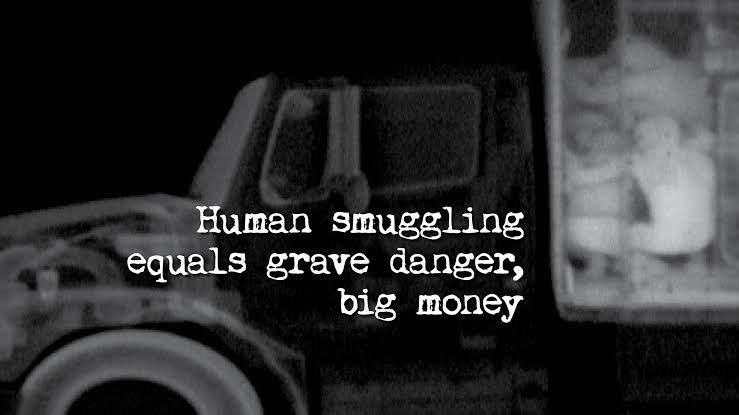
Day 140: Human Smuggling
#QuickBiteCompliance Day 140 The Dark Business of Human Smuggling: How Criminals Profit from Desperation Imagine wanting a better life so badly that you pay someone to take you across a border illegally. This is human smuggling—when people are transported secretly into another country, often under dangerous conditions. Unlike human trafficking, which is about exploitation, human…
-
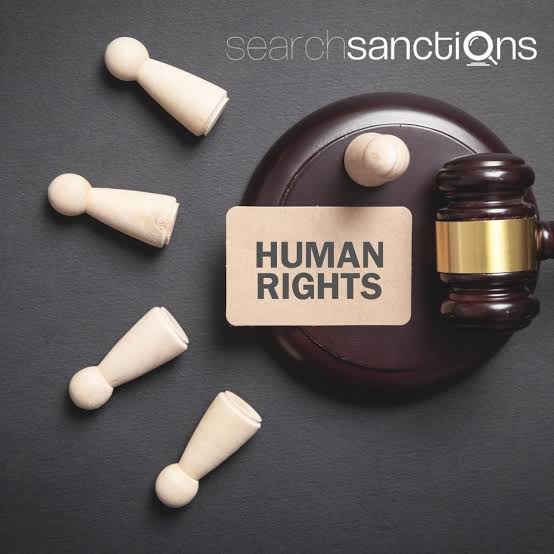
Day 139: Human Rights
#QuickBiteCompliance Day 139 Human Rights & Financial Crime: When Bad Actors Exploit What’s Meant to Protect Us Every person deserves basic rights—like freedom, safety, and fairness. These rights are not given by governments; they are inherent to all of us. That’s why the United Nations Universal Declaration of Human Rights (UDHR) exists—to set a global…
-

Day 138: Hit
#QuickBiteCompliance Day 138 When a Name Match Could Mean Trouble: Understanding Hits in Sanctions Screening Imagine you’re at an airport security checkpoint. A passenger’s name pops up on the system—same name as a wanted criminal! But is it really the bad guy, or just someone with a similar name? This is what happens in financial…
-

Day 137: Hawalada
#QuickBiteCompliance Day 137 Hawalada: The Shadow Brokers of Underground Finance Imagine you need to send money to a relative in another country, but instead of using a bank, you go to a local Hawalada—a hawala broker. You give them cash, and they contact another Hawalada in the destination country, who then hands the same amount…
-
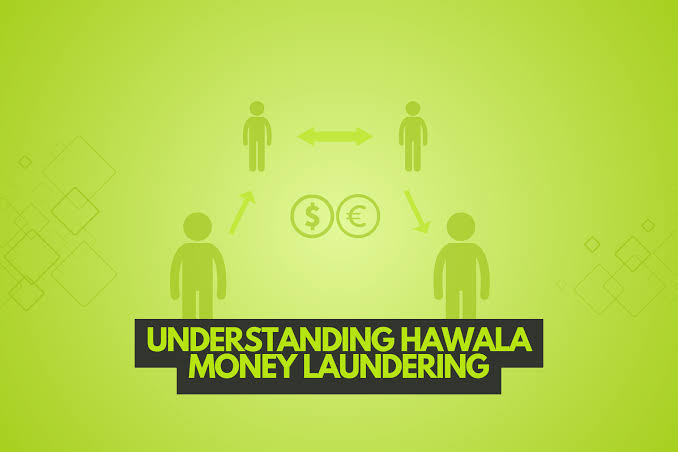
Day 136: Hawala
#QuickBiteCompliance Day 136 Hawala: A Trust-Based System Exploited by Financial Criminals Imagine you want to send money to a friend in another country, but instead of using a bank, you visit a trusted local shop owner (a hawaladar). You hand over the cash, and within hours, your friend collects the money from another hawaladar—no bank…
